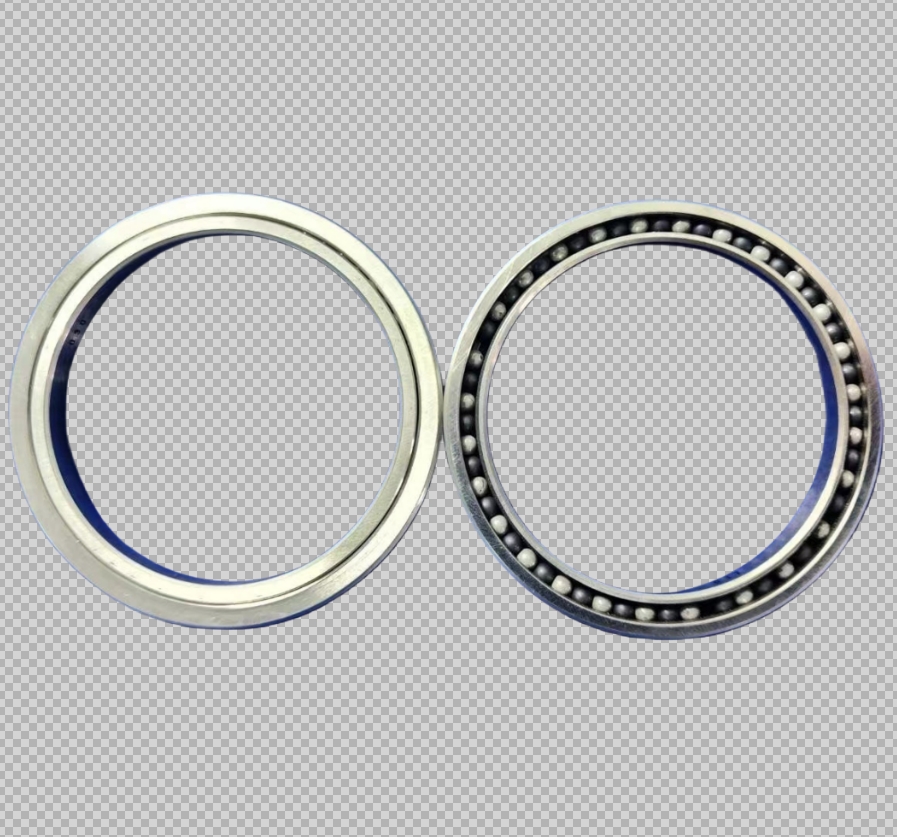What Are Hybrid Bearings And What Are Their Characteristics?
A hybrid bearing is a type of bearing that combines the properties of different materials. Its characteristics vary depending on the material combination but typically include enhanced speed capabilities, extended service life, lubrication-free operation, and the ability to withstand extreme temperatures. Below is a detailed explanation of the features of hybrid bearings and their applications across various fields:
Characteristics of Hybrid Bearings
Enhanced Speed Capability:
The density of ceramic rolling elements (such as silicon nitride is much lower than that of traditional bearing steel, which minimizes the centrifugal force exerted on the raceways during rotation, thus increasing speed capability.
The high hardness of ceramic materials also allows for polishing metal raceways, creating a smoother running surface, further reducing friction and wear, thereby improving speed.
Extended Service Life:
Ceramic rolling elements have high hardness and excellent wear resistance, significantly increasing the lifespan of the bearing.
Hybrid bearings can operate without lubrication, reducing wear and failure caused by poor lubrication.
Lubrication-Free Operation:
The interaction between steel and ceramic does not create micro-welds, allowing hybrid bearings to operate without lubrication.
This makes hybrid bearings particularly advantageous in environments like ultra-high vacuum, low temperatures, or aerospace applications, where lubrication is challenging or must be avoided to prevent contamination.
Adaptability to Extreme Temperatures:
Ceramic materials, such as silicon nitride, have a low coefficient of thermal expansion and can operate without lubrication, making hybrid bearings suitable for extreme temperature conditions.
For example, in low-temperature applications, the thermal expansion coefficient of silicon nitride is significantly lower than that of steel, allowing the bearing to maintain its shape and rolling dynamics while operating without lubrication.
Other Characteristics:
Hybrid bearings also offer excellent corrosion resistance, electrical insulation, and a low coefficient of friction.
These features make hybrid bearings widely applicable in environments requiring corrosion resistance, electrical insulation, or low friction.








